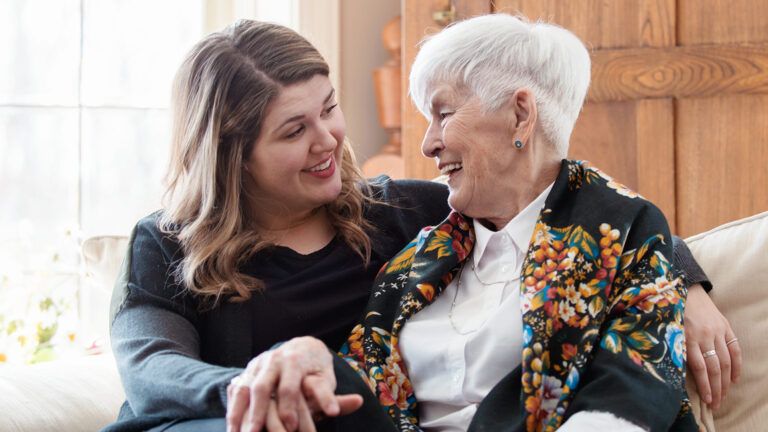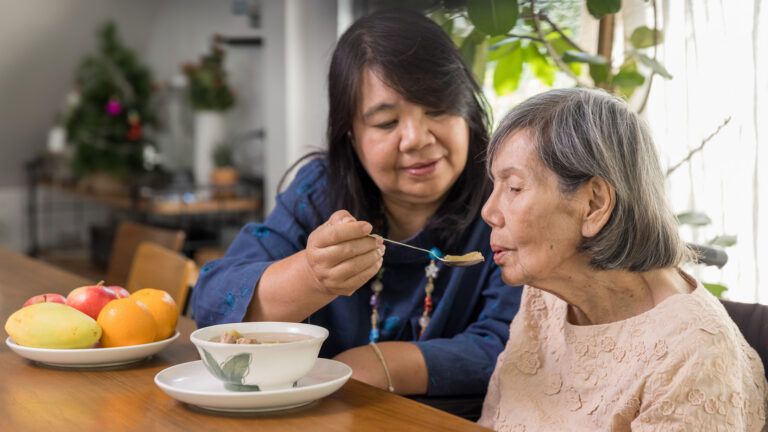Many people face economic uncertainty right now, and that situation will no doubt evolve in the coming months. While no one can predict the future for job opportunities, retirees who are considering going back to work may find encouragement in both the data about the value of workers their age and the benefits of some work they may not have considered.
Despite a growing body of research that points to the benefits people of retirement age bring to the workforce, perceptions endure in some quarters that retirees have little to offer. The AARP reports that two out of three workers between ages 45 and 74 say they have seen or experienced age discrimination at work. But this attitude flies in the face of evidence.
Several years ago, researchers for Deloitte posed a question to around 10,000 companies: “Is age a competitive advantage or competitive disadvantage in your organization?” Over two-thirds said they considered older age a competitive disadvantage. Recently, these researchers revisited the issue in an analysis published by the Harvard Business Review. They reached some heartening conclusions: “For most people, raw mental horsepower declines after the age of 30, but knowledge and expertise—the main predictors of job performance—keep increasing even beyond the age of 80.
There is also ample evidence to assume that traits like drive and curiosity are catalysts for new skill acquisition, even during late adulthood. When it comes to learning new things, there is just no age limit, and the more intellectually engaged people remain when they are older, the more they will contribute to the labor market.” Pooling younger and older people in the workplace leads to “cognitive diversity,” and that’s a good thing. The term refers to the creative problem solving and innovation benefits of bringing together people who have a variety of perspectives and approaches.
Additional findings indicate that even though older adults have limitations in the amount of information they can process quickly and accurately, these limits are counterbalanced by increased social expertise from accumulated experience and knowledge. “A lifetime’s worth of experiences in social situations can facilitate decision making—and that is sometimes referred to as having wisdom,” according to one analysis. Another study found that productivity generally does not decline with age, partly because “crystallized intelligence,” or knowledge that accumulates with age, can offset declines in fluid intelligence, or the brain’s processing ability.
So where are workers taking all this knowledge, experience and wisdom after they reach retirement age? Many are leaving long-held occupations and employers to enter new lines of work, according to a brief published on the Urban Institute website. These workers hold a wide range of occupations, from counselor to office supervisor to teacher to farmer or rancher. Caring professions are among those with top billing. “The clergy is by far the favorite occupation for older workers,” the brief reported. “Several of the most common occupations for women, including personal care aides, registered nurses, child care worker, and nursing aides, involve caring activities.” These also ranked among the most enjoyable. The best part of the findings? More than 9 in 10 people working in retirement said they enjoyed their jobs.
If you are a retiree, remember that it’s never too late to polish up and build on existing skills, or to learn something entirely new. You may decide to reenter the workforce—which may mean working from home for the foreseeable future—using your degree and experience to branch out. Or you may apply the knowledge you’ve accumulated over the years to a fresh field of study. Maybe you hanker to apply your social expertise and compassion to serve in the clergy or to help other older people—as you would your aging parent or grandparent. Specialized programs teach caregivers how to assist people with conditions from Alzheimer’s disease to diabetes, or to simply be a good companion to those who need less skilled help. Especially in these times, you could be a tremendous asset.





